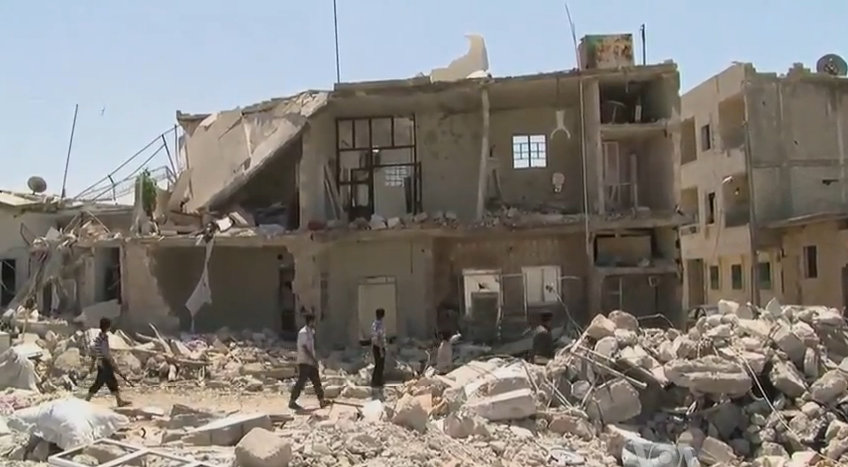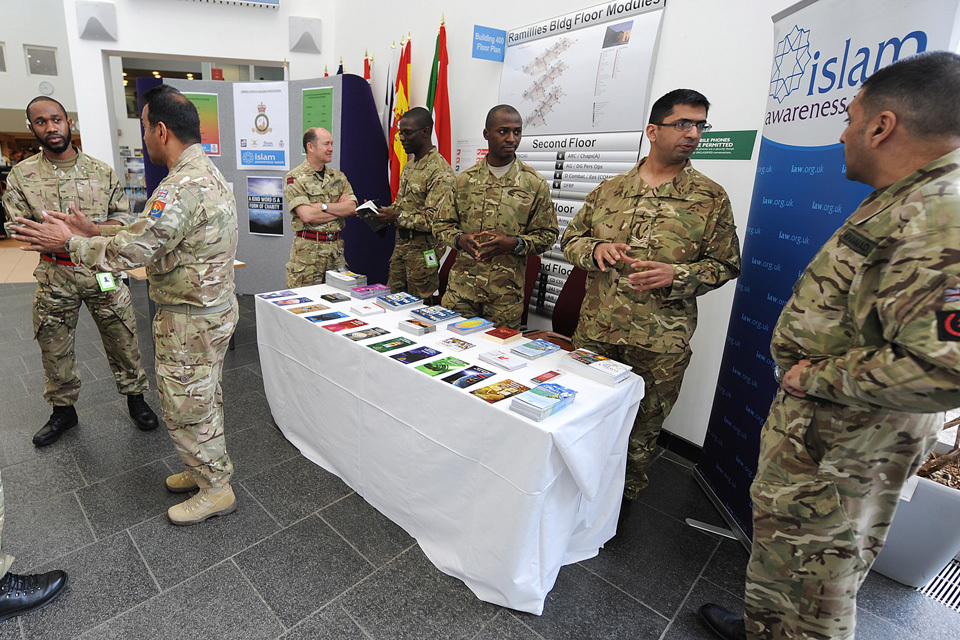On June 17, 2020, human rights advocates filed a potentially path-breaking complaint with the German federal public prosecutor: brought by the European Center for Constitutional and Human Rights (ECCHR) on behalf of seven Syrians, the complaint demands that Germany prosecute nine high-ranking Syrian government officials for sexual and gender-based violence committed during Syria’s 9-year-long war.
Sexual violence in the Syrian civil war
The seven complainants claim being subjected to or witnessing rape, sexual harassment, electric shocks to the genitals, forced nudity, and forced abortion while being held in four Syrian Air Force Intelligence prisons between 2011 and 2013.1
These allegations chime in with well-documented reports on the goings-on in the Syrian regime’s prison compounds. The United Nations have described the widespread incidence of sexual violence in wartime Syria;2 and NGOs have compiled extensive reports containing detailed witness reports of sexual violence in government prisons.3
Prosecution through universal jurisdiction
That these crimes are prosecutable in Germany is due to the principle of universal jurisdiction, on the country’s statute books since 2002: Section 7(6) of Germany’s Code of Crimes against International Law (CCAIL) stipulates that the German judiciary has the competency to sanction wartime sexual violence as a crime against humanity – irrespective of where in the world it occurred.4
The ECCHR has been at the forefront of attempts to make use of these potentially far-reaching legal provisions: in 2018, it brought a complaint against Syrian regime officials deemed responsible for torturing (real or supposed) opponents of Bashar al-Asad.
The first trial of state torture in Syria opened at the Higher Regional Court in the West German city of Koblenz on 23 April, 2020: two men are currently being tried for their role in the torture of up to 4,000 prisoners.5
Wartime sexual violence as a crime against humanity
To be sure, sexual violence already plays a role in this first lawsuit: earlier this month, the first witness to be called to testify at court – a (male) torture survivor – provided an account of being raped in a Syrian prison.6
Yet in the Koblenz court case, sexual violence figures as one technique of torture among others. This, according to voices from the ECCHR, does not do justice to the specificity of sexual violence and its role in the Syrian civil war.7
A salient aspect of such sexually-charged coercion is not only the long-term psychological trauma it may cause among survivors. More than other ordeals prisoners are forced to undergo in regime prisons, sexual violence may be subject to a societal taboo. After being released, survivors may thus confront a wall of silence – or even face social ostracism, since their basic moral integrity is seen as compromised.8
Moving onto thin ice
In this respect, the complaint brought by the seven plaintiffs and the ECCHR represents an important signal that survivors can speak out. It also holds out the possibility for holding at least a few of the perpetrators to account.
At the same time, the prosecution of sexual and gender-based violence also leads on to terrain that may be rather fraught. In recent years, there have been recurrent and strong humanitarian mobilisations to problematise wartime sexual violence and to ensure the legal recognition of rape as a war crime.9
Yet these initiatives have also elicited much critical commentary – first in scholarship and subsequently also among humanitarian practitioners. These critiques assert that, in a number of settings – most notably the eastern DRC and the campaign of the so-called Islamic State in the Levant – public fixation on sexual violence has been conducive to reductionist narratives about the nature of the conflict, and to the fetishization of its participants as sexual predators.10
Opportunities and pitfalls
In some respects, these critiques of international humanitarian efforts echo Gayatri Spivak’s much-cited dictum diagnosing the tendency of such efforts to degenerate into a racialised theatrics of ‘white men saving brown women from brown men.’11 Indeed, in Germany recent years have witnessed an escalating public problematisation of the supposed violent sexual instincts of Muslim and Arab men.
The ECCHR-led case in a sense sidesteps some of these issues by – significantly – including three male survivors of sexual violence along with four women plaintiffs; and by focusing on perpetrators from amongst the ranks of the Syrian government (rather than on exoticised figures of jihadi fighters).
For now, the media echo has been limited; yet the case will undoubtedly receive more attention if the complaint leads to indictments and actual legal proceedings. If conducted successfully, a trial of the perpetrators might offer at least a small moment of compensation in a conflict that has otherwise been utterly devoid of justice.
Sources
https://www.ecchr.eu/nc/en/press-release/germany-must-investigate-sexual-and-gender-based-violence-in-syria-for-what-it-is-a-crime-against-humanity/ ↩
https://www.ohchr.org/EN/HRBodies/HRC/Pages/NewsDetail.aspx?NewsID=22833&LangID=E ↩
https://syriaaccountability.org/wp-content/uploads/SGBV-report.pdf ↩
https://ihl-databases.icrc.org/ihl-nat/0/09889d9f415e031341256c770033e2d9/$FILE/Act%20to%20Introduce%20the%20Code%20of%20Crimes%20against%20International%20Law%20of%2026%20June%202002%20%5B1%5D.pdf ↩
https://www.ecchr.eu/fileadmin/Sondernewsletter_Dossiers/Dossier_Syria_2020_April.pdf ↩
https://www.spiegel.de/politik/ausland/syrien-opfer-von-sexualisierter-gewalt-auf-der-suche-nach-recht-a-d9a24d87-99cd-42cc-bb5c-3caaa0f11f92 ↩
https://www.ecchr.eu/nc/en/press-release/germany-must-investigate-sexual-and-gender-based-violence-in-syria-for-what-it-is-a-crime-against-humanity/ ↩
https://www.spiegel.de/politik/ausland/syrien-opfer-von-sexualisierter-gewalt-auf-der-suche-nach-recht-a-d9a24d87-99cd-42cc-bb5c-3caaa0f11f92 ↩
https://www.vice.com/en_us/article/kzea53/united-nations-recognize-rape-crime-against-humanity-war-crime ↩
For a scholarly version of this critique, see Séverine Autesserre’s article “Dangerous Tales”, available here; for a more practitioner-oriented statement, see Laura Heaton’s report for the International Red Cross available here. ↩






